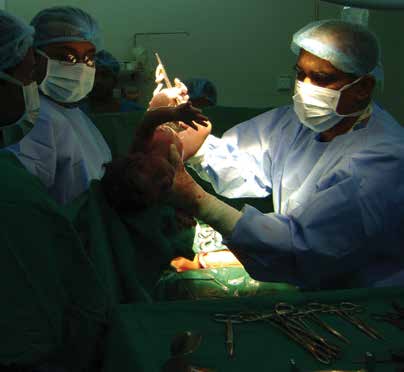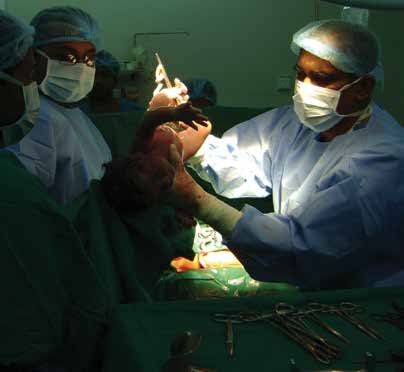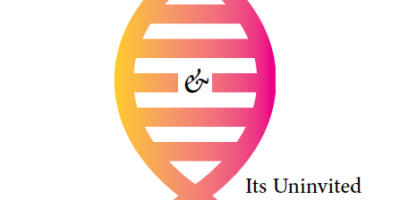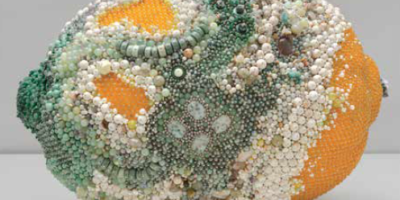
Treating Pregnant Women Like Criminals

Flash to 2011, when Rinat Dray, who previously had two cesareans that left her debilitated and in pain for months, decided to try for a vaginal birth at Staten Island University Hospital in New York. As her labor progressed, her doctor made the decision, without even a court order, to cut the baby out against her will, slicing into her bladder in the process.
Dray has been suing the hospital for years, so far without success. Despite New York State’s new pro-choice Reproductive Health Act, the Kings County Supreme Court held in October that the state has “an interest in the protection of viable fetal life after the first 24 weeks of pregnancy” that overrides a mother’s objection to medical treatment, “at least where the intervention itself presented no serious risk to the mother’s well being.”
This is New York, not Alabama.
As Lynn Paltrow, the director of National Advocates for Pregnant Women, told me by phone, “The Dray case makes clear that all you need is a doctor who asserts that the fetus is at risk, and suddenly you don’t have any rights.” Around the country, other pregnant women have been threatened with Csections or had to undergo them against their will.
This is in spite of the fact that the cesarean rate in the United States is 32 percent—far higher than the World Health Organization’s recommended rate of 10 to 15 percent. It’s also in spite of court rulings that under no circumstances can one person be forced to have a medical procedure, such as a bone marrow transplant, to benefit another. What this amounts to is that pregnant women have fewer rights than other people and the fetuses they carry have more.
The criminalization of women’s behavior during pregnancy is another gift from the anti-abortion movement.
KATHA POLLITT, “Fetal Personhood Is Maternal Punishment,” The Nation, December 2, 2019





